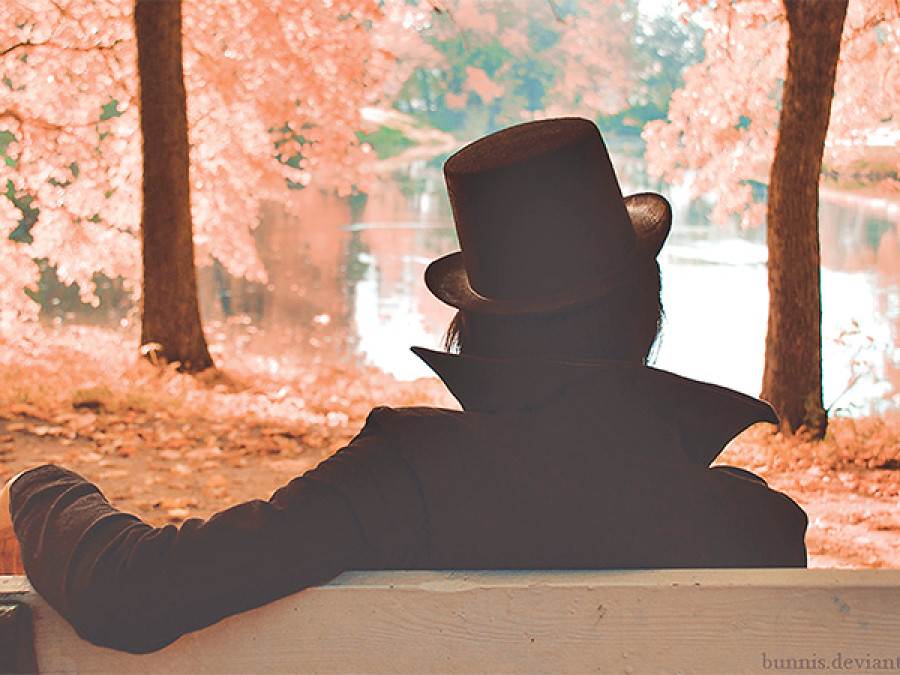Entertainment
Our meagre belongings
Over the course of our lives we yearn for material happiness, but when our final day comes, there is nothing we can take along with us
Civa Bhusal
Schools have opened once again. The once empty and rubble-filled streets of Kathmandu are once again occupied by crowds of people resuming their daily commutes to work. The roads are becoming their dusty selves as vehicles speed to their destinations. Although every living organism has felt the true terror of this earthquake, we have gradually started to move on.
During the day of the disaster—and the severe aftershocks that followed—we all shared a common goal of survival. I, along with my family, prayed for the safety of my relatives, friends, their homes and—ultimately—the well-being of the nation.
We worry for our own problems more than the problems of others. During such natural emergencies we forget, and set aside, rifts we have had with people. From there grows the desire to help the community in need. Although in time of fear, our natural instincts pushes us to fend for ourselves first, we also feel selfless and come to the aid for others—even if it means risking our own safety.
What is the use of money, gold and materialistic pleasure if we all share the same fate of getting buried in debris? We never think of it when we are alive, strong and doing well. We need to be put through a bad situation to cherish the good things in life. Sometimes, all it takes is an incident—sometimes only lasting a minute—for us to learn a lesson, which would have otherwise taken a lifetime to understand.
Over the course of our lives, we yearn for material happiness, but when our final day comes, there is nothing we can take along with us. Alexander the Great, at the time of death, had said, “The whole world should know that Alexander the Great, who conquered the whole planet also came with bare hands and he leaves this earth with nothing to take.”
The fault is perhaps always in the idea of ownership. We mourn over the loss of people who we have social relationships with, such as our relatives and friends. However, at a time of great despair like this, we shouldn’t forget that it is not only for those that we know, but for humanity as a whole that we must mourn.
I remember being distressed after leaving behind my personal belongings, like my phone, at home in the past. Amid the fear from the consistent tremors, I ignored the urge to run back in and pile all that I could before running out again. It was then I realised that what kept me most worried wasn’t my personal safety, but the safety of my meagre belongings. The more the money, the more fear of theft lurked, the taller the building, the more chances of getting buried, I felt.
There is not a single reason in the world for someone to rejoice disasters like the earthquake we experienced, but there are many things we can learn from what happened.
The most important thing we can learn from it is that we are only mere mortals. We may boast of our belongings, wealth and accomplishments but nature does not distinguish or take sides.
The personal or professional accomplishments we enjoy might be the result of our own hard-work, but during hard times, we cannot fare alone. All though we are alone when we come to or leave this world, it is what we do with the time we have in between that counts.
It’s the gathering of people that keeps us alive during tough times, not the money or our material possessions.
Bhusal completed his bachelors programme from Pulchowk Engineering College




 17.12°C Kathmandu
17.12°C Kathmandu










